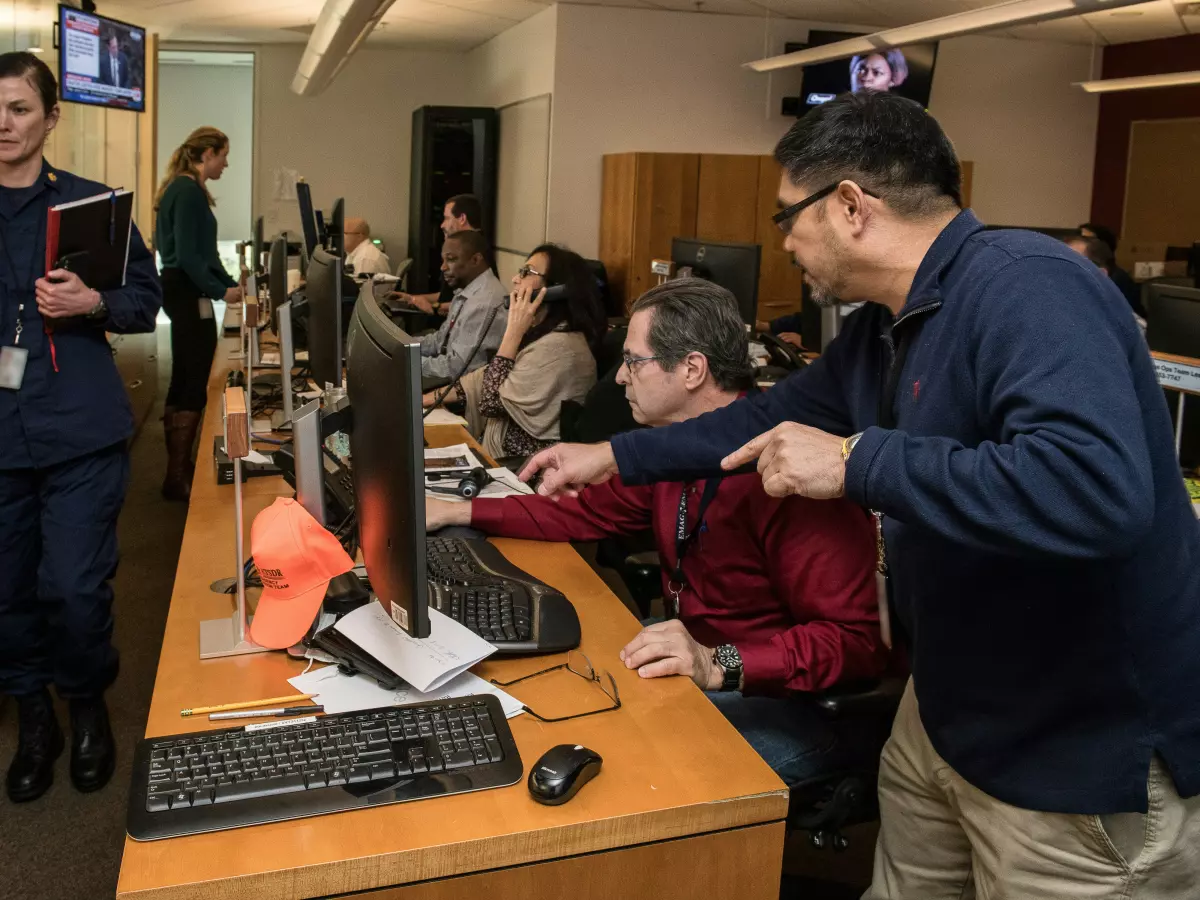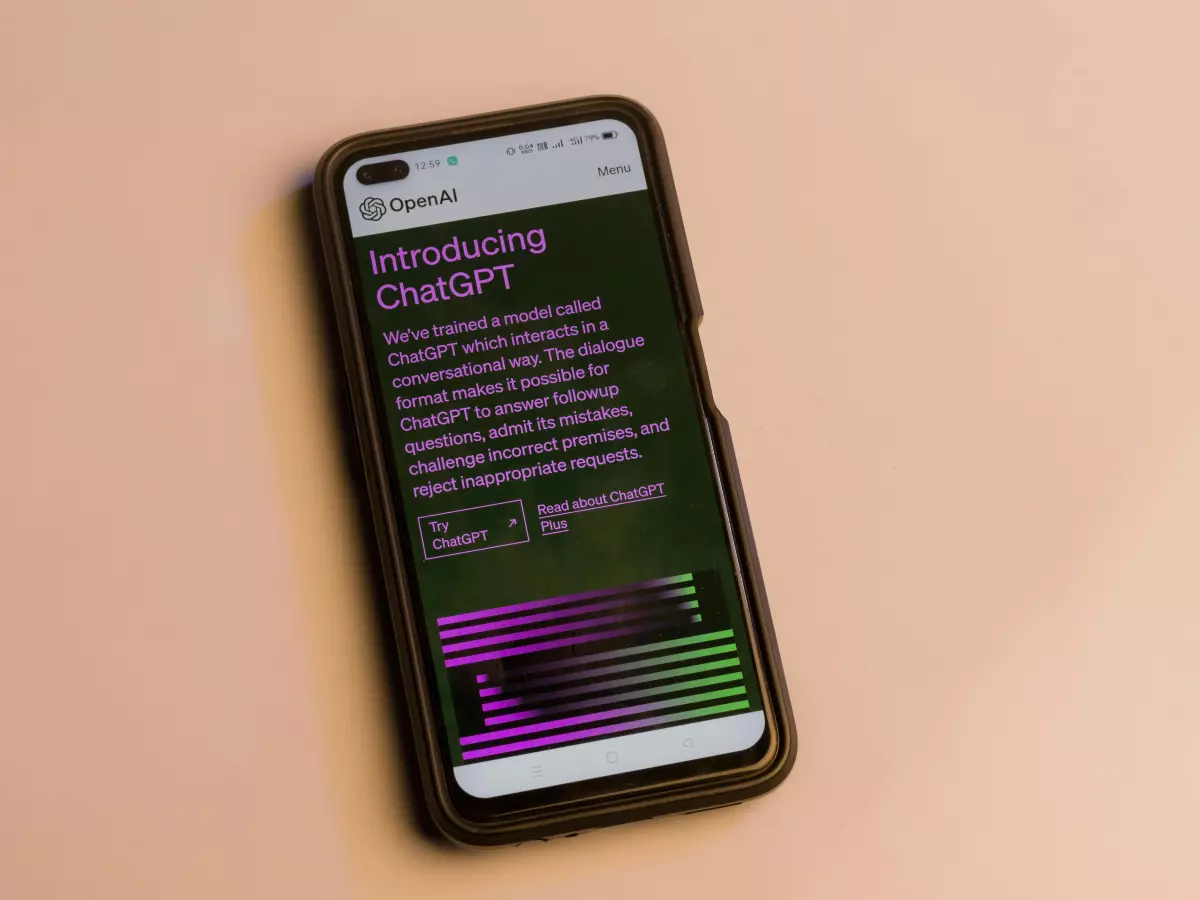AI in Mental Health
Can artificial intelligence become the therapist of the future?

By Hiroshi Tanaka
Mental health has long been a challenging field to navigate. With rising cases of anxiety, depression, and other disorders, the demand for effective and accessible care has never been greater. Enter artificial intelligence, a technology that's not just reshaping industries but also revolutionizing how we approach mental health. But can algorithms really help us heal?
AI is already making waves in mental health care by offering early detection tools. Algorithms can analyze speech patterns, facial expressions, and even social media activity to identify signs of mental distress. For instance, natural language processing (NLP) models can detect subtle changes in tone or word choice that might indicate depression or anxiety. This isn't just about catching problems early; it's about catching them before they spiral out of control.
Beyond detection, AI is stepping into the role of a therapist—or at least a therapeutic assistant. Chatbots like Woebot and Wysa are designed to provide emotional support and cognitive behavioral therapy (CBT) techniques. These bots are available 24/7, offering a level of accessibility that traditional therapy often can't match. While they’re not a replacement for human therapists, they serve as a valuable supplement, especially for those who might not have immediate access to professional help.
AI is also personalizing mental health care in ways we’ve never seen before. Machine learning models can analyze a person’s unique symptoms, history, and even genetic data to recommend tailored treatment plans. This level of customization could make therapies more effective and reduce the trial-and-error process often associated with mental health treatments.
But it's not all sunshine and rainbows. The use of AI in mental health raises significant ethical questions. How do we ensure the privacy of sensitive data? Can we trust algorithms to make decisions about something as complex and deeply human as mental health? And what happens if the AI gets it wrong? These are questions that researchers and developers are grappling with as they push the boundaries of what AI can do.
Despite these challenges, the potential benefits are hard to ignore. Imagine a world where mental health care is as accessible as opening an app on your phone. Where early warning systems prevent crises before they happen. Where therapy is tailored to your unique needs. AI might not have all the answers yet, but it's certainly asking the right questions.
According to the World Health Organization, nearly 1 billion people worldwide suffer from mental health disorders, yet the majority lack access to care. AI could be the key to bridging this gap, offering scalable, cost-effective solutions that reach people wherever they are. And that’s a future worth striving for.





